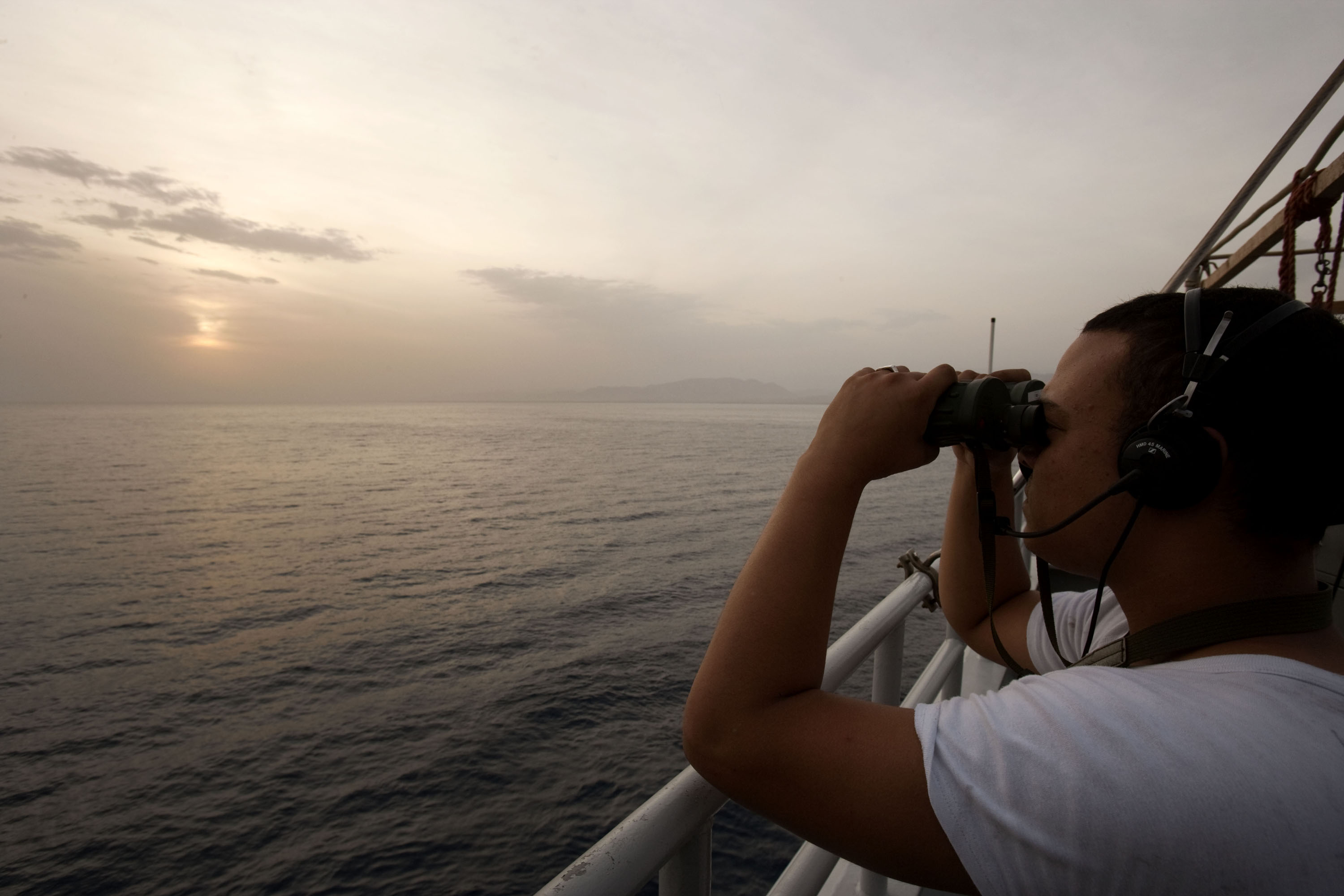Piracy: a judgment that could set precedent in Kenya
(BRUSSELS2) The Kenyan High Court has handed down a judgment which could set a precedent. The Judge of the High Court of Justice Festus Azangalala, in fact, considered - in mid-May - that the Kenyan judicial authorities had jurisdiction to try pirates on the high seas and confirmed the conviction of the ten pirates accused of seven years in prison.
The case goes back three years
On January 16, 2006, exactly, ten pirates captured an Indian ship, the Safina Al Bisarat-MNV 723, in the Indian Ocean. They had been arrested by US Navy officers, taken into custody and transferred to Mombasa for trial. Convicted at first instance, the ten then filed an appeal, believing that there was an error of law. The magistrate, they felt, had no jurisdiction to judge their case, the offense having taken place outside Kenyan waters and none of them having Kenyan nationality, according to what the Kenyan press reports. They also felt that the seven-year sentence imposed on them was excessive. For the Attorney General, who represented the interest of the State, on the contrary, the offense of piracy does exist and is punishable by the Kenyan code. And it didn't matter their nationality.
The judge's reasoning
According to what the Kenyan press, the High Court judge echoed some of this argument, pointing out that Kenya has ratified the United Nations Convention on the Law of the Sea (Montego Bay) and is bound by its provisions. For him, clearly, piracy, like war crimes or crimes against humanity, are crimes subject to universal jurisdiction under international law. In a second recital, the High Court judge also justified the 7-year sentence imposed, considering it proportionate.
A serious thorn in the foot removed for the lawyers of Atalanta
Even if the facts go back three years, the context is substantially identical to the cases of the last pirates delivered by Atalanta (pirates caught on the high seas, by foreign navies, for facts and people having no relation with the Kenya - neither the pirates have the nationality, nor the victims, nor the boat). In doing so, the High Court judge removes a serious thorn from the side of the European authorities who feared that the prisoner transfer agreement would be nullified by the case law of a Kenyan court. The victory obtained before the High Court for the fight against piracy is thus as important as the victories at sea... Piracy, we tend to forget, is above all a question of delinquency and not of military strategy. The presence of a warship is in this case more a tool, a means of apprehending offenders, than of deterrence.
(NGV)


Comments closed.